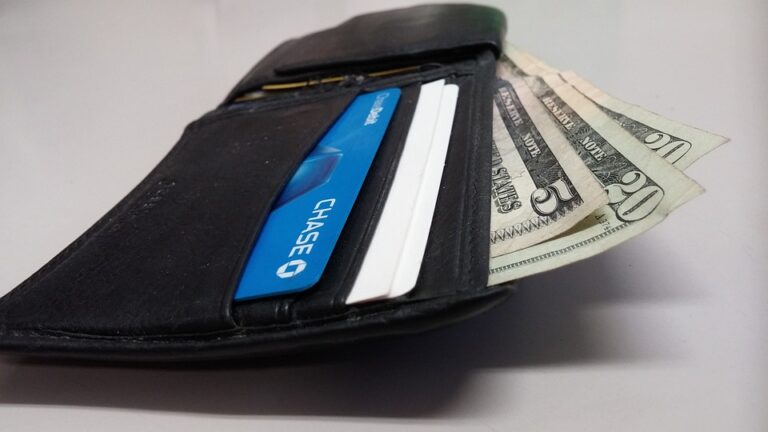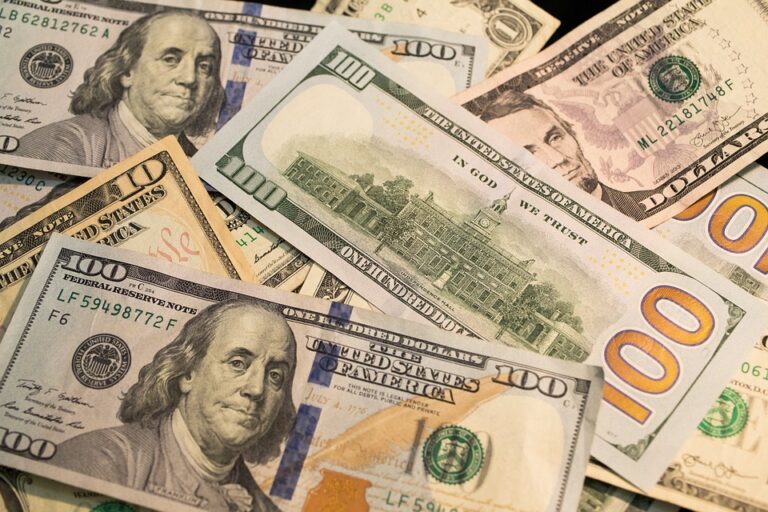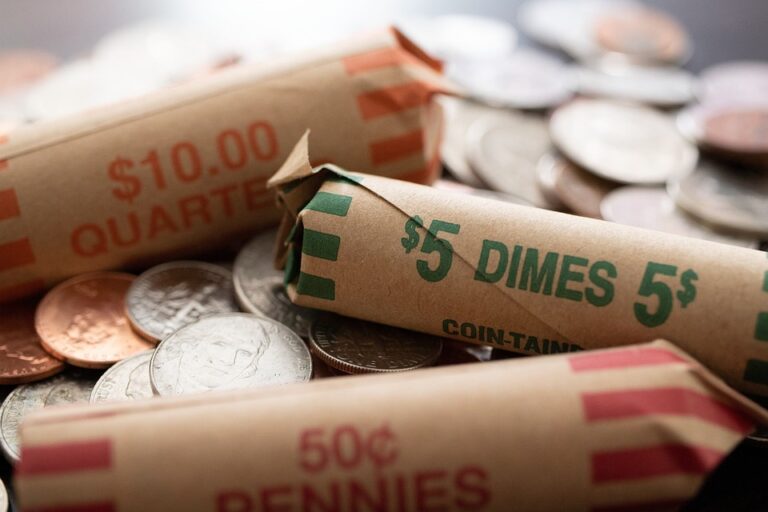Last updated May. 7, 2025 by Charles Zemub
Writing a personal check is a straightforward process that most people are familiar with, yet many are uncertain about the limits involved. Whether you need to pay rent, make a significant purchase, or transfer money between accounts, understanding how much you can write a check for, and the potential limits involved, is crucial. In this comprehensive article, we delve into the intricacies of writing checks and explore whether there’s a limit on personal checks.
Understanding Personal Checks
A personal check is a slip of paper that instructs a bank to pay a specific amount of money from a person’s checking account to the bearer. Traditionally, personal checks have been a popular method of payment for various transactions, from paying bills to making purchases.
Components of a Personal Check
- Date Field: The date when the check is written, which can also determine its validity period.
- Payee Line: The recipient of the check, whether a person, business, or entity.
- Amount Box: Numerical representation of the amount to be paid.
- Amount Line: Written representation of the amount.
- Signature Line: Authorization of the transaction through the account holder’s signature.
- Bank Details: Information about the account holder’s bank.
Advantages
- Traceability: Provides a paper trail for transactions.
- Security: Can be canceled if lost or stolen.
- Flexibility: No upfront cash requirement.
Disadvantages
- Processing Time: Longer to clear compared to digital transactions.
- Security Concerns: Sensitive information like account numbers is exposed.
Legal Limits on Personal Checks
Federal and State Regulations
In the United States, there are no federal laws that set a limit on the amount for which a personal check can be written. The amount you can write on a personal check is influenced by several factors, primarily revolving around bank policies and the availability of funds in your account.
Bank Limits
Most banks do not impose a fixed limit on personal checks; however, they may scrutinize large amounts to prevent fraud. If you’re considering writing a check for a significant amount, you might need to notify your bank ahead of time.
Overdraft Protection
Your ability to write a check for a large sum also depends on your account balance and any overdraft protection policies. Overdraft protection can prevent checks from bouncing, but it typically comes with fees.
Factors Influencing Check Limits
- Account Balance: The immediate funds available in the account.
- Bank’s Policy: Different banks have varying guidelines for check amounts.
- Customer History: A consistent account history might offer more flexibility.
- Check Type: Certified checks and cashier’s checks might have larger potential amounts.
Writing Large Checks
When writing a personal check for a significant sum, certain steps and considerations can ensure a smooth transaction:
Communication with Your Bank
Informing your bank about a large transaction beforehand can prevent potential delays and ensure account security.
Verification Processes
Banks might have additional verification processes for large transactions, such as confirming the payee’s identity and ensuring that there’s a legitimate reason for the transaction.
Certified and Cashier’s Checks
For very large amounts, banks often recommend certified or cashier’s checks. These types of checks are verified by the bank and drawn from the bank’s funds.
Risks Involved
While writing large checks is possible, it is not without its risks:
- Fraud: Larger amounts attract more scrutiny.
- Fees: Potential fees for overdrawing or using overdraft protection.
- Bouncing: If the account lacks sufficient funds, bouncing a large check can lead to significant penalties.
Electronic Alternatives
As digital transactions rise, alternatives to check writing have become more prevalent:
Wire Transfers
For transferring large sums, wire transfers are often faster and more secure than writing a check. They offer immediate fund transfer but might come with a fee.
Online Bill Pay
Most banks offer electronic bill payment services that can automate payments and handle recurring expenses easily.
Mobile Payment Apps
Venmo, PayPal, and other apps provide fast, digital means to send and receive money without writing checks.
Security Measures
To safeguard check transactions:
- Avoid mailing checks where possible.
- Use carbon copies to keep records.
- Regularly monitor your bank statements.
Conclusion
While there isn’t a federal cap on the amount for which you can write a personal check, practical considerations abound. Key factors like bank policies, account balances, and security protocols shape the feasibility of writing a check for large amounts.
It’s crucial to maintain open communication with your bank and employ security measures while exploring electronic alternatives for significant transactions. Understanding these guidelines will ensure that you manage your finances effectively and avoid potential pitfalls related to writing checks.
✓ Short Answer
There is no legal limit to the amount you can write on a personal check in the U.S. The limit is primarily determined by your bank’s policies and your account balance. However, checks of very large amounts may require prior bank approval to prevent fraud. Electronic alternatives, like wire transfers and mobile payments, offer potentially faster and more secure options for transferring large sums.
FAQs
Can you write a personal check for $1 million?
Yes, you can write a check for $1 million if your account balance allows it and your bank approves. Communicate with your bank to ensure the transaction is processed smoothly.
What happens if you write a check without sufficient funds?
If a check is written without sufficient funds, it may bounce, resulting in fees from your bank and the recipient’s bank, and potential legal action.
Are there any alternatives to large check transactions?
Wire transfers and cashier’s checks are secure alternatives for large transactions. They provide immediate funds transfer and reduce the risk of fraud.
How can you ensure a large check clears?
Inform your bank beforehand, ensure sufficient funds in the account, and use certified or cashier’s checks if possible to guarantee clearing.
Are there fees associated with writing large checks?
While there’s generally no fee for writing a personal check, associated costs like overdraft protection or insufficient funds can incur fees. Always verify with your bank’s policies.




